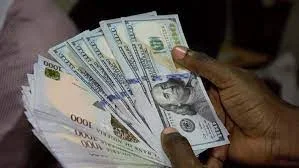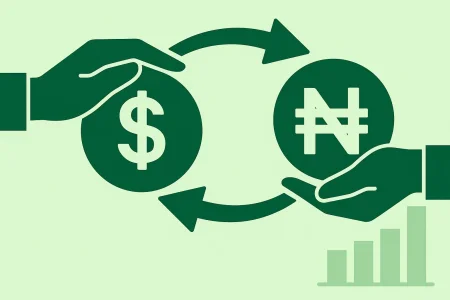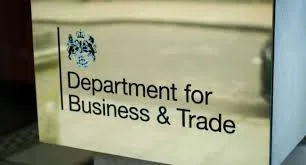
In a dynamic turn of events, the value of the Nigerian Naira witnessed significant fluctuations over the weekend. On the black market, the Naira surged, trading at N901 per dollar, a marked improvement from N1,050 the previous week. The cause of this surge was the optimistic outlook stemming from the Nigerian Federal Government's commitment to bolster dollar liquidity in the foreign exchange (FX) market.
However, the Naira didn't fare as well in the peer-to-peer (P2P) market, losing ground as it traded at approximately N980 per dollar on Monday. Operators of domestic exchange bureaus anticipate that the Naira's stability can be sustained by injecting liquidity into the retail sector of the FX market.
Aminu Gwadabe, Chairman of the Association of Nigerian Foreign Exchange Bureaus (ABCON), emphasized the necessity of maintaining the consistent flow of dollars into the market to counteract the influence of speculators.
The Central Bank of Nigeria (CBN) recently began clearing about $7 billion in outstanding foreign exchange futures contracts, providing hope for the Naira's recovery and the country's economy. However, the Naira's future adjustments depend on the clarity of market regulations, according to CBN's Yemi Cardoso.
Nigeria aims to secure approximately $10 billion in new capital flows to resolve its foreign exchange backlogs, as stated by Finance Minister Wale Edun. These inflows are expected to originate from the issuance of dollar instruments, oil sales, and foreign investments.
Additionally, the Naira faces fewer external shocks with the US Federal Reserve maintaining its key interest rate band. Nevertheless, concerns about inflation and recession loom, as persistent economic growth and rising interest rates present challenges for the global economy. Uncertainty surrounds U.S. consumer spending as student loan payments resume following pandemic-related suspensions
Source: Nairametrics




